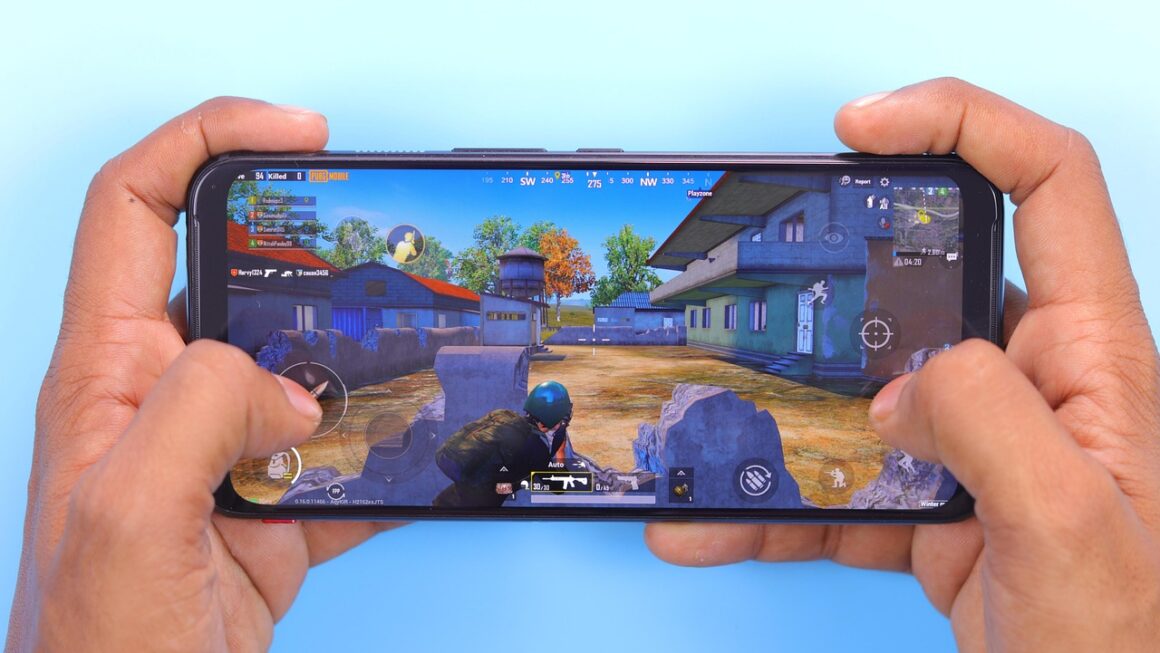Gaming leagues have transformed the competitive gaming landscape, evolving from casual gatherings to professional circuits offering lucrative prizes and substantial recognition. Whether you’re a seasoned esports enthusiast or just curious about the world of competitive gaming, understanding the structure, benefits, and opportunities within gaming leagues is essential. This guide provides a comprehensive overview of gaming leagues, covering everything from their different types to how you can get involved.
What are Gaming Leagues?
Gaming leagues are organized competitions for video games, ranging from local amateur tournaments to global professional circuits. These leagues provide a structured environment for gamers to compete, improve their skills, and potentially earn rewards. They often involve regular seasons, playoffs, and championship events.
Defining Features of Gaming Leagues
- Structured Competition: Leagues offer a consistent schedule and ruleset for participants.
- Skill-Based Divisions: Many leagues divide players into skill-based tiers to ensure fair competition.
- Community Building: Leagues foster a sense of community among players with shared interests.
- Progression Opportunities: Players can climb the ranks, moving from amateur to professional levels.
- Prizes and Recognition: Top performers can earn cash prizes, sponsorships, and recognition within the gaming community.
Examples of Popular Gaming Leagues
- League of Legends Championship Series (LCS): North America’s premier professional League of Legends league, featuring franchised teams and a pathway to the World Championship.
- Overwatch League (OWL): A city-based professional Overwatch league with franchised teams representing different metropolitan areas.
- Call of Duty League (CDL): A professional Call of Duty league featuring franchised teams and high-stakes tournaments.
- Electronic Sports League (ESL): Hosts various tournaments across different games, including CS:GO, Dota 2, and StarCraft II.
- FACEIT: A popular platform for online competitive gaming, particularly for CS:GO, offering ranked matchmaking and league systems.
Benefits of Participating in Gaming Leagues
Engaging in gaming leagues offers numerous advantages, regardless of your skill level. From personal development to potential career opportunities, the benefits are significant.
Personal Growth
- Skill Development: Regular competition pushes players to refine their skills and strategies.
- Strategic Thinking: Gaming leagues require players to analyze opponents and adapt their gameplay.
- Teamwork and Communication: Many leagues involve team-based games, fostering collaboration and communication skills.
- Problem-Solving: Players must overcome challenges and adapt to unexpected situations.
- Discipline and Time Management: Balancing practice, matches, and personal life requires discipline and effective time management.
Community and Networking
- Meeting Like-Minded Individuals: Leagues provide opportunities to connect with other gamers who share your passion.
- Building Friendships: Through shared experiences, players can form lasting friendships.
- Networking Opportunities: High-level leagues can lead to connections with sponsors, coaches, and other industry professionals.
Potential Career Opportunities
- Professional Gaming: Exceptional players can pursue a career as a professional gamer, earning salaries, sponsorships, and prize money.
- Coaching and Analysis: Experienced players can transition into coaching or analytical roles.
- Content Creation: Participation in leagues can provide content for streaming, YouTube videos, and other media.
- Esports Management: Individuals can work in team management, league administration, and marketing.
Types of Gaming Leagues
Gaming leagues come in various forms, catering to different skill levels, game genres, and geographic locations. Understanding these different types can help you find the right league for your interests and goals.
Amateur Leagues
- Local Tournaments: These are often organized by local gaming communities or esports organizations.
Example: A weekly Super Smash Bros. tournament at a local game store.
- Online Platforms: Platforms like FACEIT and ESEA offer ranked matchmaking and league systems for amateur players.
- School and University Leagues: Many schools and universities have esports teams and leagues.
Example: College League of Legends tournaments organized by Riot Games.
Semi-Professional Leagues
- Challenger Leagues: These leagues serve as a stepping stone to professional leagues, providing a platform for up-and-coming talent.
Example: The League of Legends Challenger Series, now part of the LCS Academy system.
- Regional Leagues: These leagues operate within specific geographic regions, offering higher levels of competition than amateur leagues.
Professional Leagues
- Franchised Leagues: These leagues feature teams that have purchased a franchise slot, providing stability and long-term investment.
Example: The Overwatch League and Call of Duty League.
- Open Circuit Leagues: These leagues allow teams to qualify through open tournaments and competitions.
Example: The Dota Pro Circuit (DPC).
- Global Championships: These are prestigious international tournaments that bring together the best teams from around the world.
Example: The League of Legends World Championship and The International (Dota 2).
How to Get Involved in Gaming Leagues
Getting started in gaming leagues is easier than you might think. Here’s a step-by-step guide to help you find and join a league that suits your interests and skill level.
Assess Your Skill Level and Game Preferences
- Identify Your Favorite Games: Focus on games you enjoy playing and are proficient at.
- Evaluate Your Skill Level: Be honest about your skill level and experience. This will help you find a league where you can compete fairly.
- Set Realistic Goals: Determine what you want to achieve by participating in a league. Are you looking to improve your skills, make friends, or pursue a career in esports?
Finding a League
- Online Platforms: Use platforms like FACEIT, ESEA, and Battlefy to find leagues and tournaments.
- Local Gaming Communities: Join local gaming groups on social media or attend local gaming events to find leagues in your area.
- Esports Organizations: Research esports organizations that host leagues and tournaments for your game of choice.
- University and School Programs: If you’re a student, check if your school has an esports team or league.
Preparing for Competition
- Practice Regularly: Dedicate time to practice and improve your skills.
- Study Strategies: Watch professional matches and analyze the strategies used by top players.
- Join a Team: If the league involves team-based games, find a team to join or create your own.
- Understand the Rules: Familiarize yourself with the rules and regulations of the league.
Etiquette and Sportsmanship in Gaming Leagues
Maintaining good etiquette and sportsmanship is crucial for creating a positive and respectful gaming environment.
Key Principles of Good Sportsmanship
- Respect Your Opponents: Treat your opponents with respect, regardless of the outcome of the match.
- Avoid Trash Talking: Refrain from using offensive language or engaging in trash talk.
- Accept Defeat Gracefully: Congratulate your opponents on their victory.
- Follow the Rules: Adhere to the rules and regulations of the league.
- Be Honest: Avoid cheating or using unfair tactics.
Dealing with Toxicity
- Report Offensive Behavior: If you encounter toxic behavior, report it to the league administrators.
- Stay Calm: Don’t let toxicity affect your gameplay or attitude.
- Mute or Block: If necessary, mute or block toxic players.
- Focus on the Game: Concentrate on your own performance and ignore distractions.
Conclusion
Gaming leagues offer a fantastic way to enhance your gaming skills, connect with like-minded individuals, and potentially pursue a career in esports. By understanding the different types of leagues, how to get involved, and the importance of good sportsmanship, you can make the most of your competitive gaming experience. Whether you’re a casual player or an aspiring pro, there’s a gaming league out there for you. So, take the plunge, join a league, and start your journey in the exciting world of competitive gaming.




